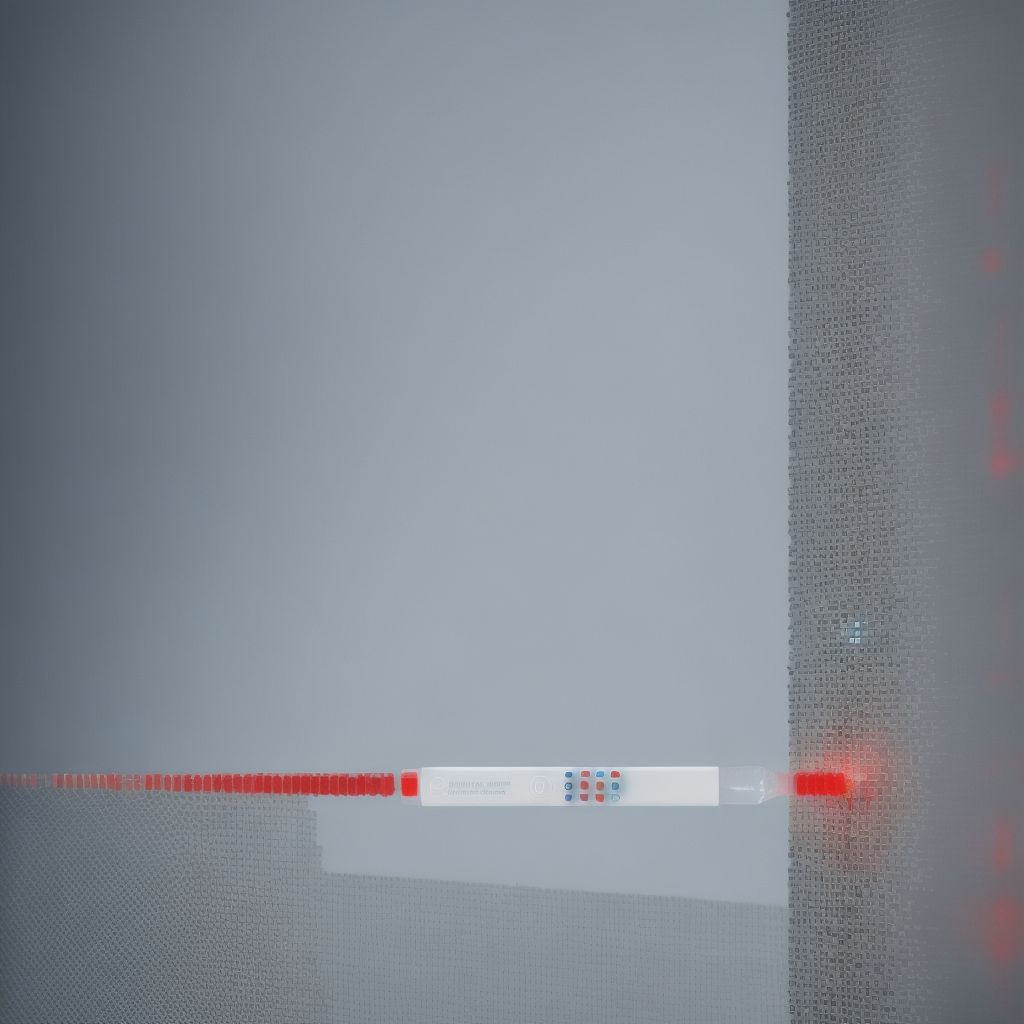
A DNA Test Kit Breach: When Hackers Get a Bit Too Personal
Key Points of the 23andMe Data Breach
- 23andMe, the popular consumer DNA testing service, experienced a severe data breach.
- Due to poor security practices, such as using the same password on multiple websites, millions of customers had their personal data stolen.
- The stolen data was later discovered being sold on dark web marketplaces.
- Gaping holes in data security at 23andMe enabled the breach initially.
- The breach revealed personal genetic information which normally wouldn’t be accessible in traditional data breaches.
- Lessons on the importance of robust cybersecurity and data protection are being learned the hard way.
A Day in the Cyber Life: 23andMe's DNA-ta Breach
In an increasingly digital world where data security breaches seem to be the order of the day, from credit card details to social security numbers, there’s now a new player in data theft game to make it even more personal: your DNA data.
In a shocking revelation, we learned that 23andMe, the popular direct-to-consumer (DTC) DNA testing company, suffered a massive data breach. This isn’t your typical breach where hackers steal credit card info and maybe your Aunt Margaret’s sugar cookie recipe. Nope. This time, they went for the mother of all personal information: your genetic code.
With a lot of us running around like cyber-buffoons, using the same password for every website (which apparently is just as bad as wearing the same underwear every day), it was only a matter of time before a data security faux pas would rear its unruly head. Millions of 23andMe customers had their intimate genetic details picked apart by the nasty little grubs of cyber-thieves.
Worse yet, this pilfered DNA data went on a cyber tour of all the dark sides of the Web, and was discovered being auctioned off to the highest bidder on underground dark web marketplaces. This just exposed a whole new level of privacy invasion we didn’t think we’d have to worry about: the hacking of our genetic makeup.
A more in-depth look into the occurrence revealed a chink in the armor of 23andMe’s data security. Apparently, secure practices were more like loose suggestions around their servers – a cyber picnic for any hacker worth their code.
Genetic Heist: Are Data Breaches Becoming more Intrusive?
The intrusive nature of this breach extends far beyond the conventional data breach in terms of the sensitivity of the stolen data. Genetic information isn’t something you can just change like a compromised password, and having it fall into the wrong hands is downright creepy.
There’s a Lesson in Every Cyber Attack
If there’s anything to take away from this debacle though, it’s the importance of robust data protection and cybersecurity practices, both on the side of businesses and consumers. Using the same password for everything is certainly out of the equation now, right?
My Hot Tech Take:
Sometimes, Security Isn't a DNA Trait
Get ready for my spicy hot take on this DNA disaster. Truthfully, this whole breach has been a rude wake-up call that in the era of digitized data, no one’s a mystery anymore. Your data is your digital footprint, and in the 23andMe case, also your genetic footprint. Which, oh by the way, you can’t change even if you change your eating habits, dye your hair, or adopt a new alter-ego named Marv.
First, let’s face it: 23andMe needs to beef up their security game. It’s 21st-century tech, folks, not a 4th-grade science fair project. They aren’t dealing with abstract art or secret sandwich recipes. They’re dealing with the most sensitive personal data of millions, their genetic code. A modern-day company dealing with such intimate and irreplaceable data needs to have a cybersecurity setup more elaborate than “password123”.
On the flip side, we – the tech-savvy yet password-recycling cyber-dweebs – also need to step up our game. Re-using passwords is like handing out keys to our digital kingdoms. It’s time to come to terms with reality and beef up our password game. So dust off your book of synonyms and rev up your creativity, password-setting will not be an odious chore, but a necessary shield against the grim world of data breaches.
This event is a sobering reminder that when we engage with technology, especially ones that deal with such sensitive personal information,